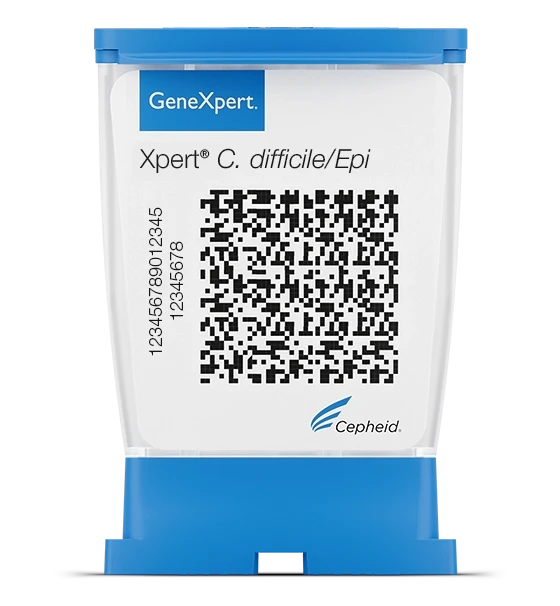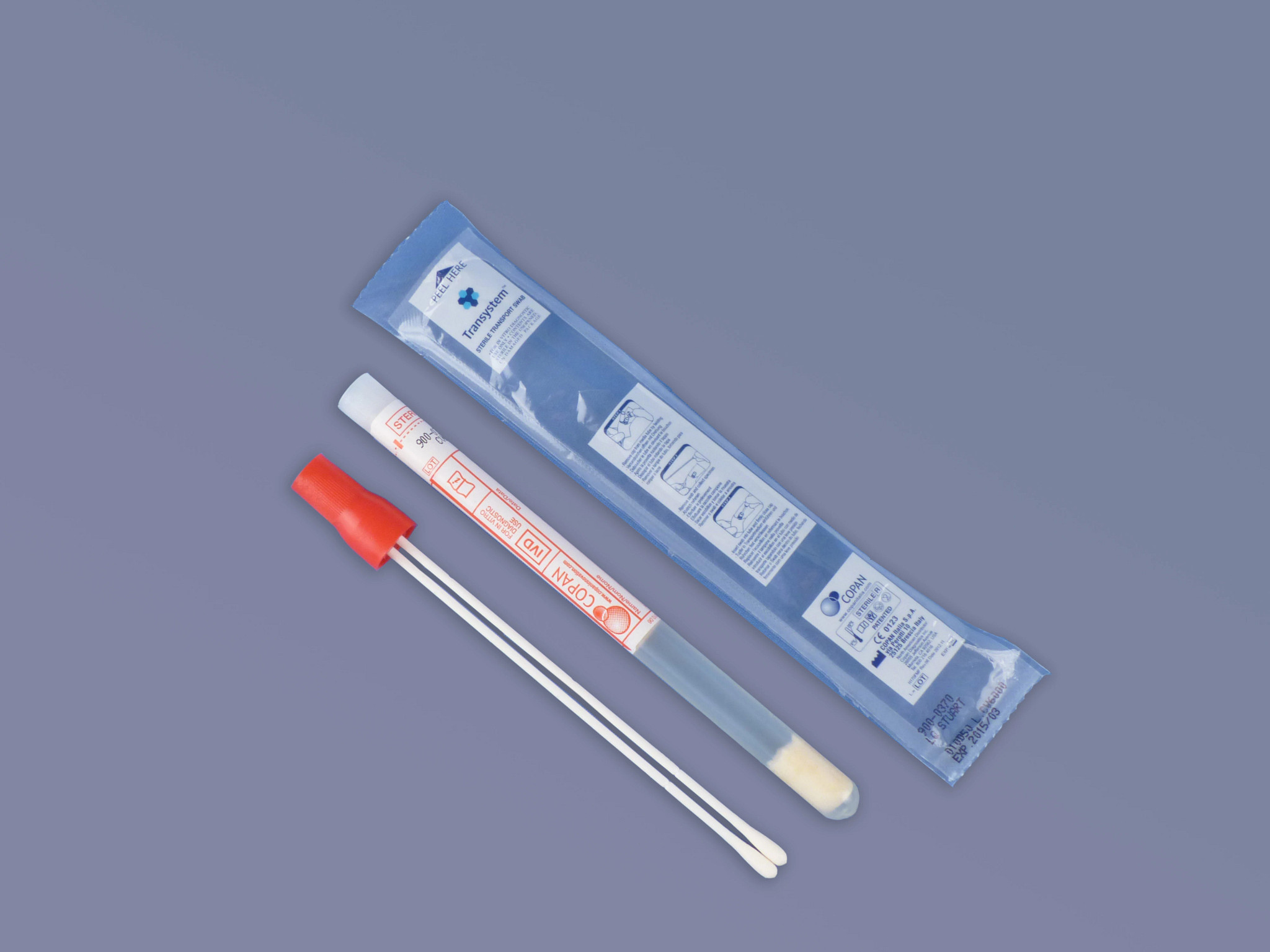Related Products

Xpert MRSA NxG
Active MRSA surveillance testing in around 70 minutes
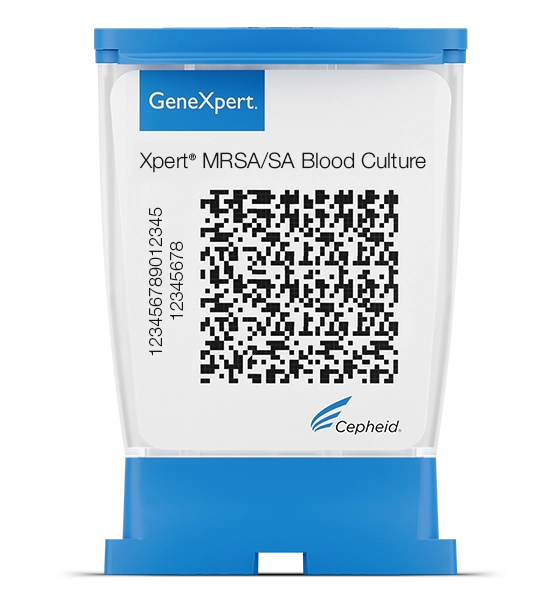
Xpert MRSA/SA Blood Culture
Accurate Detection of MRSA and SA in Positive Blood Culture Specimens in About an Hour
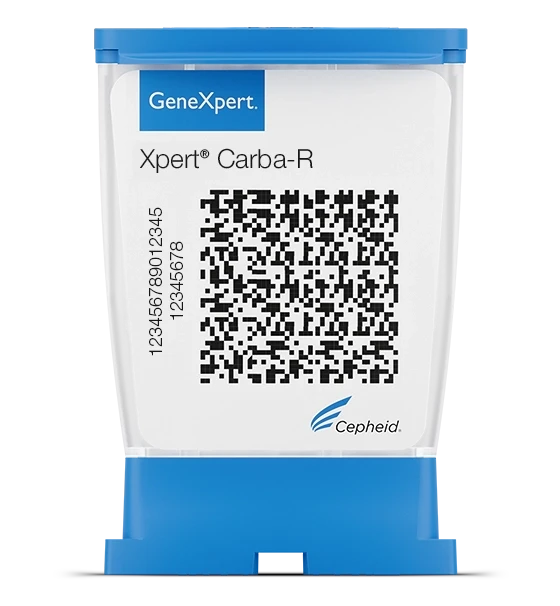
Xpert Carba-R
Detection and differentiation of KPC, NDM, VIM, IMP-1, and OXA-48 in 50 minutes
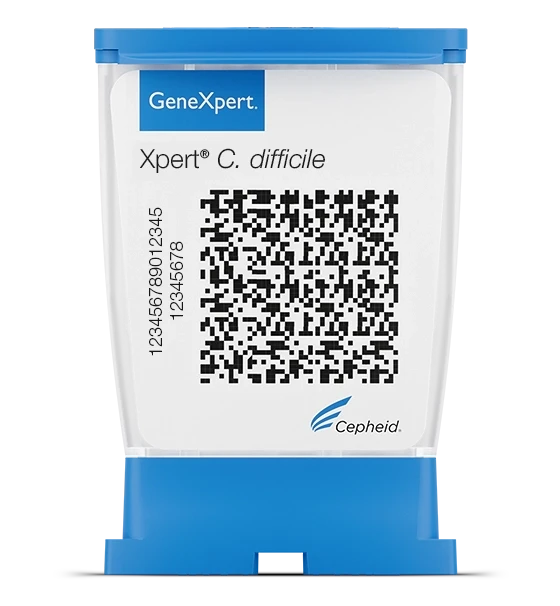
Xpert C. difficile
Detection of toxigenic C. difficile in around 43 minutes

Xpert MRSA/SA SSTI
Detect MRSA & SA Skin and Soft Tissue Infections In About One Hour

Xpert Norovirus
Fast and accurate identification of Norovirus GI & GII in as little as one hour* *With early assay termination for positive results. Reporting negative results in 90 minutes.
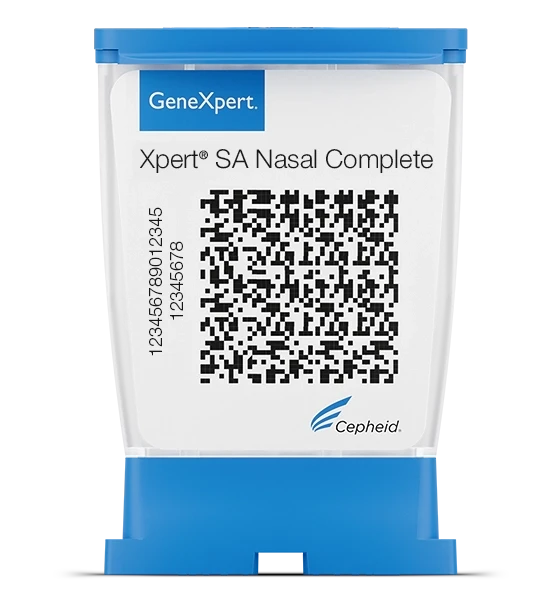
Xpert SA Nasal Complete
Pre-surgical S. aureus and MRSA in about 65 minutes
